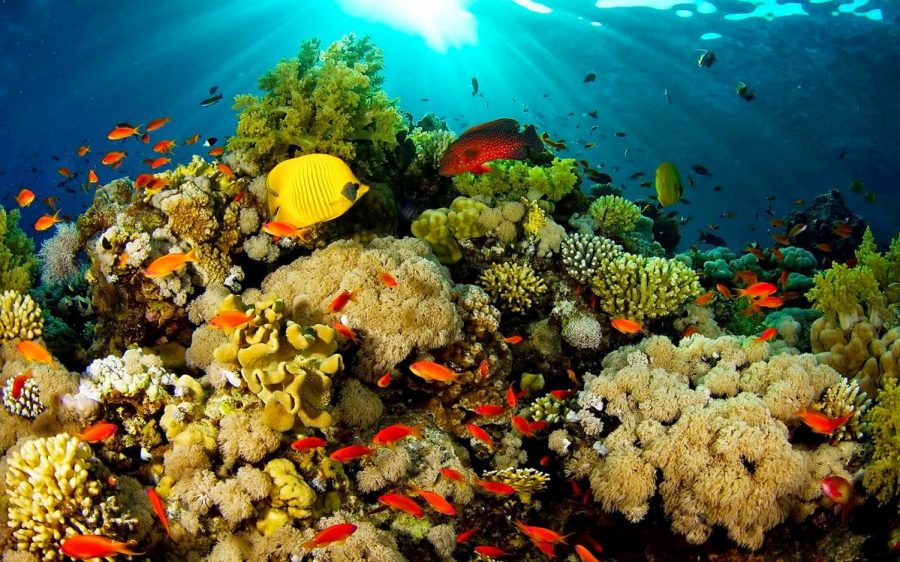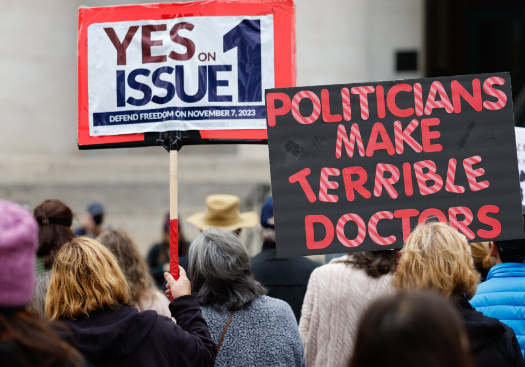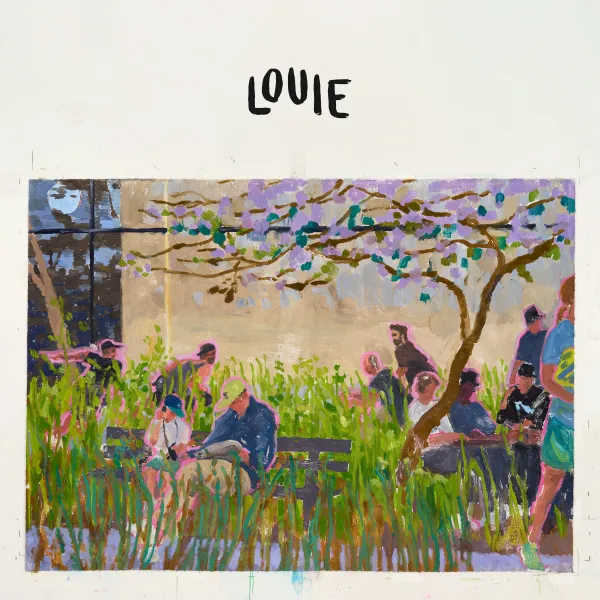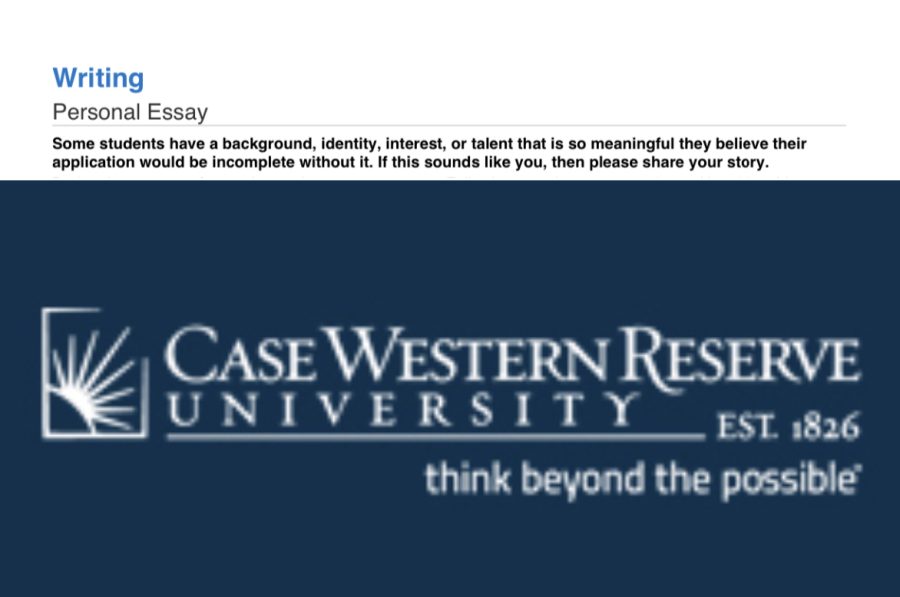First, fish are the most mesmerizing creatures and, I mean, even minnows. Think about the way they slither through the water, evolutionarily engineered to be as aerodynamic as a bullet, the way their scales reflect rainbows of light, like how the scales of the Atlantic Herring, composed of guanine crystals, reflect several iridescent blues underwater. They’re simply hypnotic things of beauty.
But we take them for granted. Especially when they’re packed into cans of “Chicken of the Sea.”
When I was plus or minus seven years old, I told my mom I wouldn’t touch the calamari on the restaurant table. We were on vacation in Bonaire. Just before going to the restaurant, I sat on the white-sand, clear-water beaches and gazed at the tarpon, hunting for food and showing off their fins in a grand show below the warm tropical sunset. I swam with squids that changed color depending on the color of the sand. I dove next to massive schools of fish and watched them part for me like I was a god.
Sadly, I also watched the fisherman pull hoards of crabs out of their safe haven. I saw tour guides steal the almost-extinct conchs. And I saw the chefs at the restaurant deep frying my mood-ring-esque squids.
That day I vowed to never eat marine life again. I called this diet “non-pescatarian.”
Once I reached the age of 11, I stumbled across PETA.org. I learned that animals are not eaten after they die of natural causes, and they are not taken from the liberating wilderness that is shown when National Geographic pans a drone over the Great Plains.
That day I vowed to never eat any animal ever again. This diet is called “vegetarian.”
So this question is frequently asked: “Do vegetarians eat fish?” The answer: no. Vegetarians do not eat or wear meat, poultry, game, fish, shellfish, crustaceans, or slaughter byproducts. And it’s good that they don’t.
Here’s why:
Eating fish and fishing hurts the sea as a whole.
- There has been a 90% decline in about 30% of edible fish and seafood species.
- Ecologists and environmental scientists predict an extinction of most saltwater fish species by 2048 due to overfishing and other effects from the environment like pollution, habitat destruction, and global climate change.
- The International Union for Conservation of Nature (IUCN) reports that 1,414 species of fish are currently at risk for extinction.
- Fishing tampers with the underwater ecosystem, and overfishing from humans damages their food chain thus devastating many species of fish.
Fish isn’t very good for you to begin with.
- Coal burning and mining pollute bodies of water with large amounts of mercury which are absorbed by fish. Swordfish, tuna, tilefish, and many more species of fish and other seafood have dangerously high amounts of mercury which is toxic to humans.
- The EPA actually recommends nursing mothers and pregnant women to steer clear from eating fish and seafood due to the mercury risk.
- The Environmental Working Group explains how Americans, on average, eat a large amount of marine life, that makes them very susceptible to mercury poisoning.
- Most fish species actually rank very low in omega-3 levels, which is one of the only health benefits to eating fish. Eating vegetarian sources actually provide more omega 3 than fish.
- For example, salmon, which has one of the highest omega-3 contents out of all other fish, ranges from 0.7g to 1.8g of omega-3 (depending on the species) per 85g serving while an 85g serving of walnuts contains over 7.7g of omega-3.
The best way to help preserve our underwater friends and their immense beauty is to stop eating them. By not eating marine life, one discourages the overfishing that has ravaged fish populations all over the globe. The more people cut fish and seafood out of their diets, the more we keep our underwater ecosystems as playgrounds for the luminous, playful bodies that give life and light to the lonely, dark abyss that is the ocean.
References:
Arnarson, A. (2015, June 18). Walnuts 101: Nutrition Facts and Health Benefits. Retrieved December 26, 2017, from https://www.healthline.com/nutrition/foods/walnuts
Choose the Right Fish To Lower Mercury Risk Exposure. (2014, August). Retrieved December 26, 2017, from https://www.consumerreports.org/cro/magazine/2014/10/can-eating-the-wrong-fish-put-you-at-higher-risk-for-mercury-exposure/index.htm
Lunder, S., & Sharp, R. C. (2014, January 21). US Seafood Advice Flawed on Mercury, Omega-3s. Retrieved December 26, 2017, from https://www.ewg.org/research/us-gives-seafood-eaters-flawed-advice-on-mercury-contamination-healthy-omega-3s#.WkKmZlWnGM8
Rohrer, F. (2009, November 10). Can You Eat Fish and Still be a Vegetarian? | Ocean Leadership. Retrieved December 26, 2017, from http://oceanleadership.org/can-you-eat-fish-and-still-be-a-vegetarian/
Seafood Health Facts: Making Smart Choices. (2011). Retrieved December 26, 2017, from https://www.seafoodhealthfacts.org/seafood-choices/description-top-commercial-seafood-items/salmon













